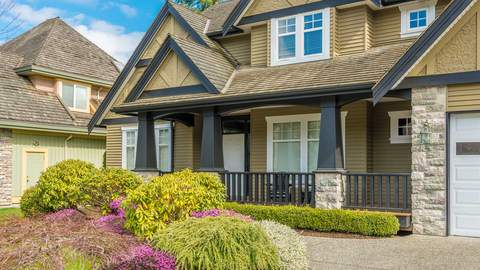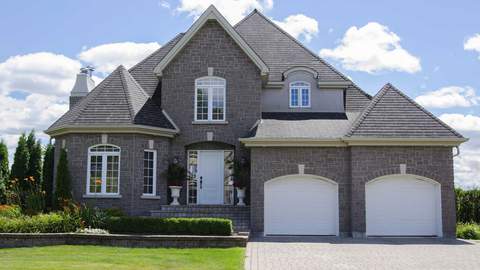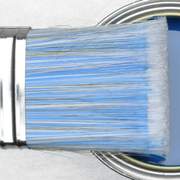Remember that buying a foreclosed home has its advantages and disadvantages.
Experts warn, however, that eagerness and a seemingly discounted price combined can spell financial disaster instead of an excellent deal. But if you do your research diligently and walk through the process with great caution, you could end up having a very rewarding experience.
The big question then: should you buy a foreclosed home? Consider these important tips before deciding to sign a purchase contract for a foreclosure.
1. It is not always a good deal
 Just because the financial institution, usually a bank, wants to clear its inventory and get rid of a foreclosed property as quickly as possible doesn’t mean they have ensured that the home is in tiptop condition. It isn’t usually the case, which means you have to get professional help from an independent real estate agent for a thorough inspection of the property. This will give you enough time to think whether it is worth the risk or not.
Just because the financial institution, usually a bank, wants to clear its inventory and get rid of a foreclosed property as quickly as possible doesn’t mean they have ensured that the home is in tiptop condition. It isn’t usually the case, which means you have to get professional help from an independent real estate agent for a thorough inspection of the property. This will give you enough time to think whether it is worth the risk or not.
2. Your over-eagerness might cost you more than you think you can handle
Sometimes, it is also the financial institution’s tactic to offer a price that is way below the market value of the foreclosed property in order to attract multiple bidders and drive the actual price tag higher than it actually costs. Do not be fooled by this.
Consider factors such as value of homes within the area, neighborhood trends, accessibility of basic services, zoning and other issues – all of these have an impact on the actual market value of the foreclosed property you’re eyeing. If these do not add up to the price that the bank is offering, don’t hesitate walking away because it might be the best decision you can ever make.
3. A thorough inspection is a must
 Don’t be a penny-pincher when it comes to hiring a professional home inspector because he/she can be your new BFF when it comes to deciding whether you should buy a particular foreclosed home or not. Even if a property is going to be sold ‘as is’, you don’t have to feel pressured or burdened to do all the necessary repairs if it is beyond your budget range. And you can never tell what problems it may pose unless you make a thorough inspection of the place.
Don’t be a penny-pincher when it comes to hiring a professional home inspector because he/she can be your new BFF when it comes to deciding whether you should buy a particular foreclosed home or not. Even if a property is going to be sold ‘as is’, you don’t have to feel pressured or burdened to do all the necessary repairs if it is beyond your budget range. And you can never tell what problems it may pose unless you make a thorough inspection of the place.
4. Demand for a clear title
Before signing the deal, make sure the seller has a General Warranty Deed for the property and that you have added a clear-title contingency to your contract. This way, you won’t be surprised by hidden liens and you can protect yourself against future unforeseen claims.
5. Having an owner’s title insurance can save you from financial ruin
 Avoid unexpected claims and liens by purchasing a title insurance policy. This way, you won’t be part of the American Land Title Association’s (ALTA) growing statistics of homeowners having title problems after the sale is done.
Avoid unexpected claims and liens by purchasing a title insurance policy. This way, you won’t be part of the American Land Title Association’s (ALTA) growing statistics of homeowners having title problems after the sale is done.
Buying your own policy might be out of your pocket range but the one-time cost of the policy will provide you peace of mind and an iron-clad protection against any last-minute claims or unrecorded liens.
6. Your patience will be tested
In your hunt for a bargain deal in the sea of foreclosed homes around your area, are you willing to spend time and effort learning all about the recent history and condition of the property as well as other bids being made? Can you find out if the previous homeowner has serious back property taxes owed or how far they were along with delayed mortgage payment, if there’s any? Will you diligently research on the status of its utility bills, relevant permits, brokerage commissions, or the amount you need for immediate repairs and replacements? If you don’t have a clear and positive answer for these and all the other questions related to it, then buying a foreclosed home might not be right for you.
















Write a Comment